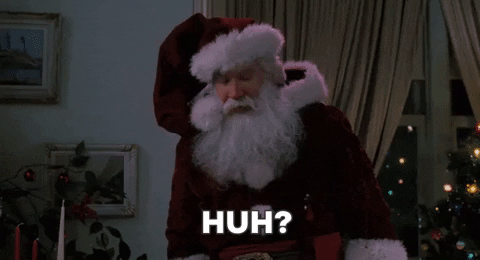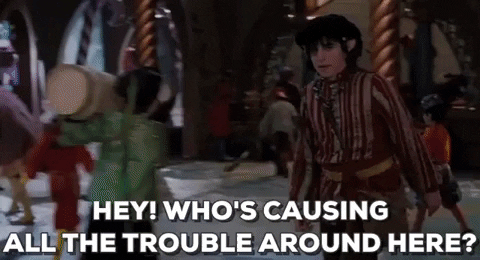One of my family’s favorite holiday movies is “The Santa Clause,” and for the longest time, I didn’t realize the title was a pun. In fact, it took me even longer to learn what a clause was – perhaps as long as right before I started writing this blog (I’ll never tell).
So, let’s ring in December with a blog about clauses.
There are two kinds of clauses – and, no, I don’t mean Mr. and Mrs. Claus. The two types are independent and dependent clauses. You might also know them as restrictive/unrestrictive clauses or essential/nonessential clauses, but they are all the same.

An independent clause stands on its own as a complete sentence. A dependent clause is not a complete sentence; it’s dependent on more to complete it.
Let’s use the first sentence of this blog as an example. “One of my family’s favorite holiday movies is ‘The Santa Clause,‘” is an independent clause. It could stand on its own as a complete sentence. Conversely, “and for the longest time,” is a dependent clause because it’s not a complete sentence. “I didn’t realize the title was a pun,” is another complete sentence.
So, how did we get to the final structure?
We’ve been referencing “Schoolhouse Rock” a lot lately, but if you remember their tune “Conjunction Junction,” then you’ll recall the line, “Hooking up words and phrases and clauses.” Conjunctions (e.g., for, and, not, but, or, yet, so – or FANBOYS) act as glue to combine simple clauses to make more complex sentences. In the case of my opening line, I used the conjunction “and” to connect my two independent clauses with the dependent clause.
One of my family’s favorite holiday movies is “The Santa Clause,” and for the longest time, I didn’t realize the title was a pun.
The whole point of connecting clauses is to make sentences more interesting and to get more information across. If I’d simply left each of my independent clauses as separate sentences, the copy would have read a bit stilted.
This isn’t always the case, and in business writing especially we advise to err on the side of shorter. But, sometimes, a full stop in between two related sentences can be disruptive (a semicolon can help, but let’s leave that gift under the tree for now).
Conclusion
All in all, there’s no holiday magic needed to make your writing more compelling – but we definitely add people to the naughty list for not following grammar rules.

Don’t be sad. We’ll be back on the first Monday next month with a new blog post. If you can’t wait that long – whether because you have a topic you’d love us to cover, a question or you simply want to throw your two cents into the pot – we love talkin’ shop, so drop us a line.






